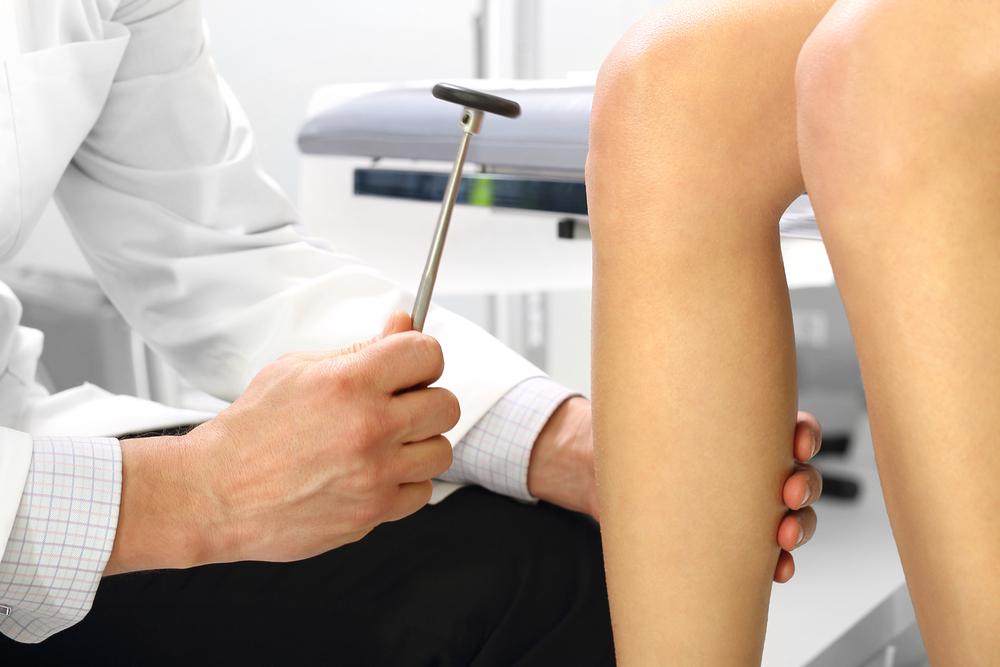Risk Factors for Osteoporosis
Unmodifiable Risk Factors for Osteoporosis:
Things you can’t do anything about
- Over age 50
- Caucasian or Asian race
- Dementia
- Female gender/ postmenopausal women
-
- Women are at a much greater risk for osteoporosis than men. The loss of sex hormones in the body is the most common cause of osteoporosis. Women experience a decline in estrogen, the female sex hormone, when they undergo menopause. This means that women who have undergone menopause are much more likely to develop osteoporosis.
-

- Family history of Osteoporosis
- Broken bones or height loss
- Decline in testosterone
-
- Men can and do occasionally develop osteoporosis for the same reason: A decline in testosterone, the male sex hormone, results in bone loss. As they age, men lose testosterone more gradually than women, and that protects many men from developing osteoporosis. However, the treatment for prostate cancer depletes testosterone, making patients with prostrate cancer at higher risk for bone loss.
-
- Chronic health conditions that effect bone formation/resorption
- People with small frames
-
- Are at greater risk for this condition because they have less bone tissue to begin with.
-
Modifiable Risk Factors for Osteoporosis :
Things you can change to lower your risk
- Low Calcium intake and Vitamin D
-
- Calcium deficiency has been implicated in the development of osteoporosis. Women who have not consumed enough calcium through their food and/or supplements are at high risk for this condition. Lifetime bone strength is the main reason children are urged to drink a good deal of milk which is high in calcium. Unfortunately, a girl who does not get enough calcium will be at higher risk of developing osteoporosis as an older adult.
-
- Sedentary lifestyle, lack of exercise
- High amounts of protein, sodium, caffeine, and/or alcohol
- Smoking
- Excessive alcohol intake (more than 2 drinks per day)
- Steroids
- Low body weight
-
- A young woman who has anorexia is also at a much higher risk of later developing osteoporosis because she is not eating enough and therefore not getting enough calcium and other nutrients. A similar nutrient deficiency can occur in people who have a gastric bypass, a procedure in which part of the stomach is stapled off, usually to facilitate weight loss.
-
- ThyrotoxicosiS
Disclaimer:
The content of the articles discussing symptoms, treatments, health conditions, and side effects is solely intended for informational purposes. It is imperative that readers do not interpret the information provided on the website as professional advice. Readers are requested to use their discretion and refrain from treating the suggestions or opinions provided by the writers and editors as medical advice. It is important to seek the help of licensed and expert healthcare professionals when necessary.